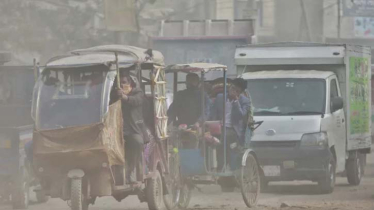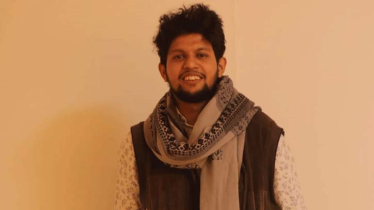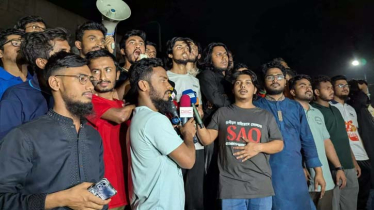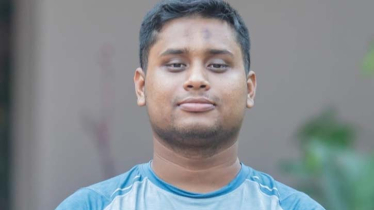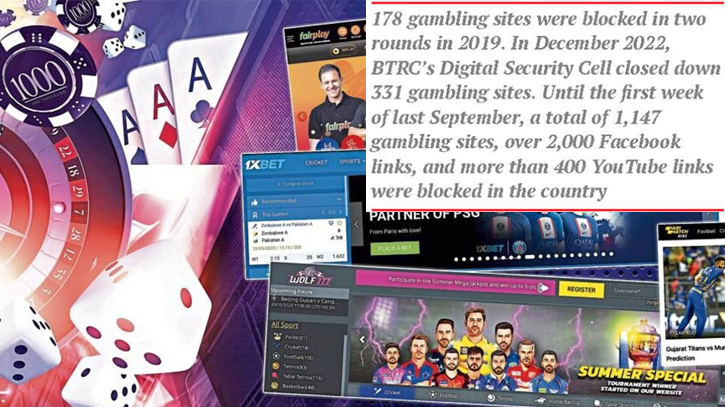
Photo : Collected
Once considered a criminal activity, gambling with cards has transformed over time—evolving from traditional forms like Houji to live casinos and now finding its way into people's homes through online platforms. With the widespread use of mobile phones and the internet, online gambling has become increasingly accessible. Despite the government's efforts to curb it, effective control is still elusive.
New online gambling sites emerge almost daily. Despite the closure of many websites, the proliferation of gambling continues through new applications. IT sector affiliates argue that while blocking online sites is feasible, curbing gambling apps poses a significant challenge. Mobile apps for gambling are readily available for download from platforms such as the Google Play Store or Apple Store.
Bangladesh Telecommunication Regulatory Commission (BTRC) said that due to technical limitations, controlling or blocking apps is not currently feasible. Consequently, online gambling persists. The constant influx of new gambling sites with different names adds to the complexity, making manual blocking an insufficient solution.
Recent reports indicate a surge in mobile phone gambling, not only in the capital but also in urban areas. The prevalence of gambling, particularly during Bangladesh cricket matches, is noteworthy.
Despite the shutdown of hundreds of sites and the apprehension of criminals, new online gambling platforms continue to emerge. The concerned authorities find themselves grappling with the challenges posed by the open internet and existing laws, with no permanent solution in sight.
Online gambling extends to various matches, including domestic and international football, cricket, and tennis, through prohibited websites and apps. Beyond mobile apps, individuals can engage in online gambling directly through various websites and domains, even on social media platforms like Facebook and YouTube.
BTRC sources reveal that 178 gambling sites were blocked in two rounds in 2019. In December 2022, BTRC's Digital Security Cell closed down 331 gambling sites. Until the first week of last September, a total of 1,147 gambling sites, over 2,000 Facebook links, and more than 400 YouTube links were blocked in the country.
Despite a High Court directive on July 11 this year to block all websites displaying gambling advertisements, including on news portals, social media, and television, BTRC struggles due to capacity limitations.
A BTRC official, who did not want to be named, told The Daily Messenger that apart from mobile apps, criminals actively engage in online gaming or gambling through various websites or domains. To do this, an account is initially opened and registered on various websites, both within the country and abroad.
Subsequently, individuals are required to participate in gambling by depositing a certain amount of money through a domestically or internationally acceptable card or any other means. Online gamblers conduct financial transactions using various mobile banking services, including Bkash, Rocket, and Nagad. Upon the BTRC's awareness of these activities, appropriate actions are taken against those involved, he added.
Messenger/Disha





